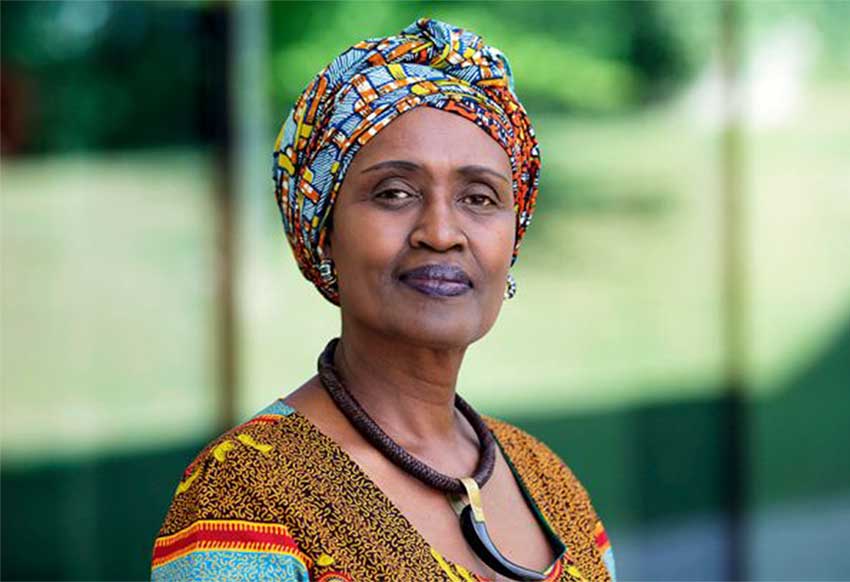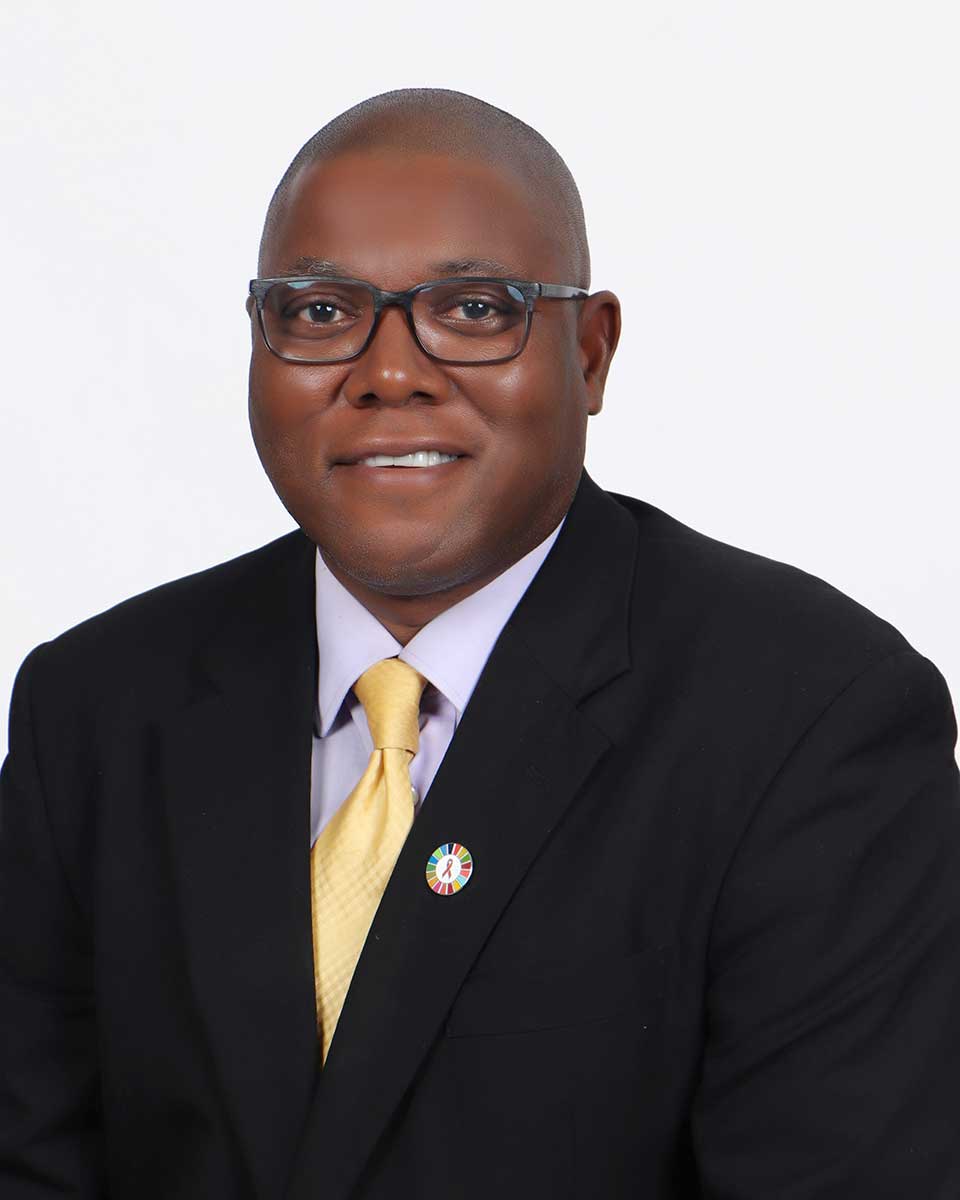As Saint Lucia observes World AIDS Day today, December 1, the Joint United Nations Programme on HIV/AIDS (UNAIDS) warns of continued devastation from pandemics if leaders don’t address inequalities and integrate, community-led strategies which are needed to strengthen the Caribbean HIV and COVID-19 responses.
The Ministry of Health, Wellness and Elderly Affairs will be undertaking a series of activities to commemorate World AIDS Day under the theme, “End inequalities, End AIDS, End Pandemics.”
The UNAIDS warns that if the transformative measures needed to end AIDS are not taken, the world will also stay trapped in the COVID-19 crisis and remain dangerously unprepared for the pandemics to come.

“This is an urgent call to action,” said UNAIDS Executive Director Winnie Byanyima. “Progress against the AIDS pandemic, which was already off track, is now under even greater strain as the COVID-19 crisis continues to rage, disrupting HIV prevention and treatment services, schooling, violence-prevention programmes and more. We cannot be forced to choose between ending the AIDS pandemic today and preparing for the pandemics of tomorrow. The only successful approach will achieve both. As of now, we are not on track to achieve either.”
The warning comes in a new World AIDS Day report by UNAIDS entitled Unequal, unprepared, under threat: why bold action against inequalities is needed to end AIDS, stop COVID-19 and prepare for future pandemics.
UNAIDS and global health experts emphasize that while business as usual would kill millions and leave the world trapped with colliding pandemics going on for decades, leaders can, by acting boldly and together to tackle the inequalities in which pandemics thrive, end AIDS, overcome the COVID-19 crisis and be protected from the pandemic threats of the future.
The Caribbean situation
The Caribbean has made steady progress against AIDS, especially in providing life-saving testing and treatment to people living with HIV. AIDS-related deaths have been cut in half (51%) since 2010, while new infections declined by 28%. Still, the region fell short of the 90-90-90 testing and treatment targets set for 2020.
According to UNAIDS data, at the end of 2020, 82% of people living with HIV in the region knew their HIV status, 82% of diagnosed people were receiving treatment and 89% of those on treatment were virally suppressed.

“The data tell us that we need to reach people who are not aware of their HIV status. Critically for the Caribbean, 20,000 people know they are HIV positive but are not on treatment. We must invest in interventions to provide people with the care and support they need to start and stay on treatment,” said UNAIDS Caribbean Director, Dr. James Guwani.
Community-led organizations in the region have shown that, if they are adequately supported, they can play a major role in addressing inequalities in HIV service access through more efficient case finding and strengthened linkage to treatment and care, and by ensuring confidential and consistent psychosocial support along the continuum of care.
These organizations are especially adept at reaching key populations who, along with their sexual partners, accounted for 68% of new HIV infections in the region in 2020. The COVID-19 pandemic and natural disasters have disrupted health systems, exacerbating financial, technical and human resource gaps in health services.
Overcoming these disruptions and continuing HIV service expansion towards the 2025 targets requires the full implementation of best practices in combination prevention, testing and treatment. This includes self-testing, rights based index testing, multi-month dispensing and a transition to more effective first-line treatment regimens.
The COVID-19 pandemic has also fuelled gender-based violence, which—along with gender inequalities and stigma and discrimination—continue to impede the region’s HIV response. Despite some policy progress towards eliminating gender- and sex-based discrimination, unequal gender relations remain the norm, and sexual minorities are exposed to harsh social stigma and discrimination.
“An integrated approach to HIV, sexual and reproductive health, and gender-based violence services would help reach young people at risk as well as neglected key and vulnerable populations, during COVID-19 and beyond,” Dr. Guwani said.
The Joint United Nations Programme on HIV/AIDS (UNAIDS) leads and inspires the world to achieve its shared vision of zero new HIV infections, zero discrimination and zero AIDS-related deaths. UNAIDS unites the efforts of 11 UN organizations—UNHCR, UNICEF, WFP, UNDP, UNFPA, UNODC, UN Women, ILO, UNESCO, WHO and the World Bank—and works closely with global and national partners towards ending the AIDS epidemic by 2030 as part of the Sustainable Development Goals.





